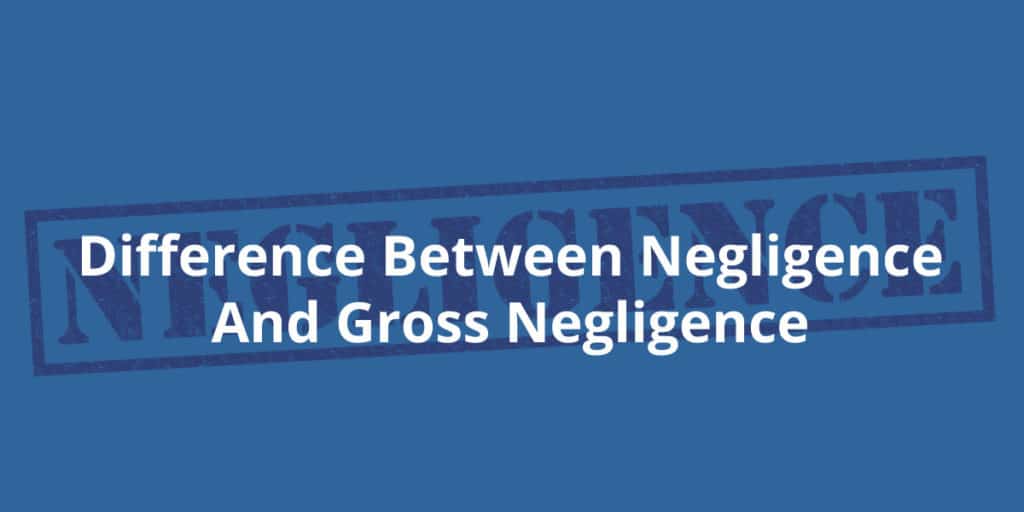









"Thank you so much for all your guidance and support during this difficult period in my life.I Will Never Forget Your Compassionate Professionalism And Unparalleled Legal Expertise." -Zachary P..
"From the 1st meeting, he invested so much time & interest. He was so helpful & reassuring. We won in court." -Ina Lerner.
"They’re the best. You will never lose with them" -Ana Thomas.
"Their services were honest with integrity. I always walked out their office with a smile." -Damilola Adeyale.
"I had a tough case in the beginning but it ended wonderfully and I grossed more than I expected. I recommend each & everyone who has an accident or any other legal matters, to please call Duboff & Assoc." -Terrence Edwards.
"The service was great and very understanding and straight forward all the way to the end." -Kevin Hines.
"I had a great experience working with Duboff & Associates through my legal case. I was involved in a car accident by a tuck tractor at no fault of mine. Mr. Duboff was such pleasant person that he guided me through the process and through by medical care." -Mohamed A..
"We are most grateful to you personally as well as your entire staff at DuBoff & Associates. Had it not been for your legal expertise, our opponents would have prevailed. The series of meetings we had–especially on Sundays to accommodate our individual schedules and our witnesses–deserve special mention." -Isaac Vodi, Riteway Driving School.
"I will not hesitate to refer them to my friends and I have done it before. Again I am very pleased for the good service they provided me. I will always come back for future incident." -Read the full testimonial.
"You have been great to work with, you are a top notch attorney in my opinion. This is my first experience and hopefully my last but I appreciate your openness, patience, and honesty in guiding me through the process. You always made me feel you were working on my behalf to get the best settlement possible." -Larry McClain.

The legal terms negligence and gross negligence are commonly used within all aspects of personal injury law and all legal matters, but most people don’t fully understand the fundamental differences between these two terms.
Negligence refers to any type of individual failure to adhere to an officially deciphered level of care that an ordinary person would stick to within any case’s circumstances. Negligence can relate to all sorts of behavior, but it typically involves someone’s mistake or lack of attention that ultimately causes harm or injury to another person.
Gross negligence is a much more extreme form of negligence that consists of the reckless and deliberate disregard for the general safety and treatment of people, property or simultaneously both. Both negligence and gross negligence involve an ignoration of personal responsibility, which then directly causes injury or harm to another person and/or their property.
Negligence and gross negligence relate to all of our practice areas, and our team of experienced Silver Spring personal injury attorneys has proven themselves over the years to bring the very best results possible for each of our clients.
In this page we’re going to go over the main differences between negligence and gross negligence, and if you have any questions at all please don’t hesitate to contact us so we can help you get the answers you need with a free consultation.
As we defined earlier, negligence is any kind of failure to take a certain precaution that any normal individual would have taken, which then lead to the harm of someone else. Some examples of ordinary negligence include the following:
It’s clear that the party responsible for the injuries in these examples didn’t actually mean to cause the other person any harm, but their general carelessness was the direct cause of the accident’s occurrence. These responsible parties are still liable for any damages caused by the incident, even though they didn’t intend to cause the victim any harm.
Through personal injury lawsuits, injured parties can receive their rightful compensation for all sorts of economic and non-economic damages. This can include things like medical bills, property damage, lost wages, pain and suffering, and all other costs that may have been associated with the accident.
The four main elements involved with proving negligence in a personal injury case includes the following:
These four elements are always necessary when it comes to validating a personal injury lawsuit, and they all coincide with each other to fully encapsulate what negligent behavior entails.
Gross negligence is the extreme disregard or indifference towards other people’s safety, and it always involves much more than simple carelessness or any type of failure to act. Gross negligence is always a type of willful behavior that can likely cause any type of foreseeable harm to others, and there are times in which gross negligence is closely connected to recklessness.
Some gross negligence examples include the following:
If an action or wrongdoing is considered grossly negligent, then it also must first be defined as negligent. This means that gross negligence consists of the four main elements of negligence as described above, as well as the following present elements:
Gross negligence is still a part of civil lawsuits, which means the deliberately careless, extreme actions ended up causing some kind of injury or property damage to a plaintiff. There are many cases in which gross negligence leads to higher settlements of special and general damages, as well as punitive damages that are intended to deter the defendant from acting negligently in the future.
The special, general and punitive damages are paid to the plaintiff just like in ordinary negligent cases, so the essential difference between negligence and gross negligence is the in the severity of the carelessness, the consequences of that carelessness, and the magnitude of damages imposed by the wrongdoer’s behavior.
Our Silver Spring, Bowie, College Park, Landover and Upper Marlboro Injury and Accident Attorneys have decades of experience when it comes to helping injured individuals across Maryland, Virginia and the D.C. Metro Area, so you can be rest assured that your case is in experienced hands.
Our attorneys will always investigate your accident and review all the facts in order to determine exactly what happened and whether or not negligence or gross negligence was involved. We’ll go above and beyond in terms of gathering the necessary evidence to build a comprehensive case on your behalf, and we’ll do all the talking for you when it comes to the defendant’s insurance company too.
Our experience in terms of decades of handling similar cases gives us a unique perspective in terms of helping our clients better understand what their case is worth, and our straightforward, results-driven representation has helped us earn the trust of countless past clients.
DuBoff & Associates has built up a solid reputation as one of the most successful personal injury firms throughout the D.C., Virginia and Maryland areas, and we will always remain vigilant in terms of our commitment to our local communities.
So if you or a loved one has suffered an injury due to someone else’s negligence, or gross negligence, feel free to reach out to us for a free consultation so we can go over the details of your case and take the proper first steps towards your rightful compensation.